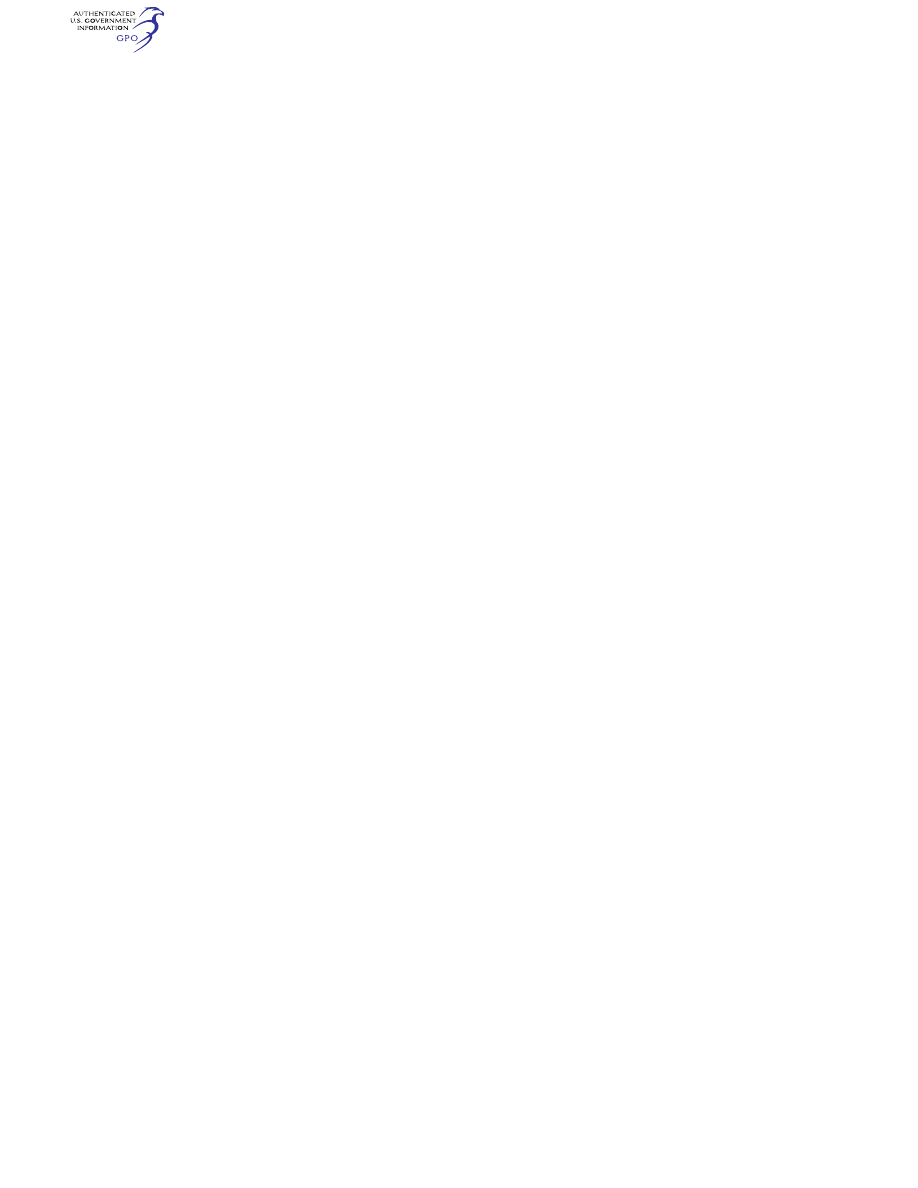
544
14 CFR Ch. I (1–1–24 Edition)
§ 27.1145
§ 27.1145
Ignition switches.
(a) There must be means to quickly
shut off all ignition by the grouping of
switches or by a master ignition con-
trol.
(b) Each group of ignition switches,
except ignition switches for turbine en-
gines for which continuous ignition is
not required, and each master ignition
control must have a means to prevent
its inadvertent operation.
(Secs. 313(a), 601, and 603, 72 Stat. 752, 775, 49
U.S.C. 1354(a), 1421, and 1423; sec. 6(c), 49
U.S.C. 1655(c))
[Doc. No. 5074, 29 FR 15695, Nov. 24, 1964, as
amended by Amdt. 27–12, 42 FR 15045, Mar. 17,
1977]
§ 27.1147
Mixture controls.
If there are mixture controls, each
engine must have a separate control
and the controls must be arranged to
allow—
(a) Separate control of each engine;
and
(b) Simultaneous control of all en-
gines.
§ 27.1151
Rotor brake controls.
(a) It must be impossible to apply the
rotor brake inadvertently in flight.
(b) There must be means to warn the
crew if the rotor brake has not been
completely released before takeoff.
[Doc. No. 28008, 61 FR 21907, May 10, 1996]
§ 27.1163
Powerplant accessories.
(a) Each engine-mounted accessory
must—
(1) Be approved for mounting on the
engine involved;
(2) Use the provisions on the engine
for mounting; and
(3) Be sealed in such a way as to pre-
vent contamination of the engine oil
system and the accessory system.
(b) Unless other means are provided,
torque limiting means must be pro-
vided for accessory drives located on
any component of the transmission and
rotor drive system to prevent damage
to these components from excessive ac-
cessory load.
[Amdt. 27–2, 33 FR 964, Jan. 26, 1968, as
amended by Amdt. 27–20, 49 FR 6849, Feb. 23,
1984; Amdt. 27–23, 53 FR 34214, Sept. 2, 1988]
P
OWERPLANT
F
IRE
P
ROTECTION
§ 27.1183
Lines, fittings, and compo-
nents.
(a) Except as provided in paragraph
(b) of this section, each line, fitting,
and other component carrying flam-
mable fluid in any area subject to en-
gine fire conditions must be fire resist-
ant, except that flammable fluid tanks
and supports which are part of and at-
tached to the engine must be fireproof
or be enclosed by a fireproof shield un-
less damage by fire to any non-fire-
proof part will not cause leakage or
spillage of flammable fluid. Compo-
nents must be shielded or located so as
to safeguard against the ignition of
leaking flammable fluid. An integral
oil sump of less than 25-quart capacity
on a reciprocating engine need not be
fireproof nor be enclosed by a fireproof
shield.
(b) Paragraph (a) does not apply to—
(1) Lines, fittings, and components
which are already approved as part of a
type certificated engine; and
(2) Vent and drain lines, and their fit-
tings, whose failure will not result in,
or add to, a fire hazard.
(c) Each flammable fluid drain and
vent must discharge clear of the induc-
tion system air inlet.
[Doc. No. 5074, 29 FR 15695, Nov. 24, 1964, as
amended by Amdt. 27–1, 32 FR 6914, May 5,
1967; Amdt. 27–9, 39 FR 35462, Oct. 1, 1974;
Amdt. 27–20, 49 FR 6849, Feb. 23, 1984]
§ 27.1185
Flammable fluids.
(a) Each fuel tank must be isolated
from the engines by a firewall or
shroud.
(b) Each tank or reservoir, other
than a fuel tank, that is part of a sys-
tem containing flammable fluids or
gases must be isolated from the engine
by a firewall or shroud, unless the de-
sign of the system, the materials used
in the tank and its supports, the shut-
off means, and the connections, lines
and controls provide a degree of safety
equal to that which would exist if the
tank or reservoir were isolated from
the engines.
(c) There must be at least one-half
inch of clear airspace between each
tank and each firewall or shroud iso-
lating that tank, unless equivalent
VerDate Sep<11>2014
09:06 Jun 28, 2024
Jkt 262046
PO 00000
Frm 00554
Fmt 8010
Sfmt 8010
Y:\SGML\262046.XXX
262046
jspears on DSK121TN23PROD with CFR
